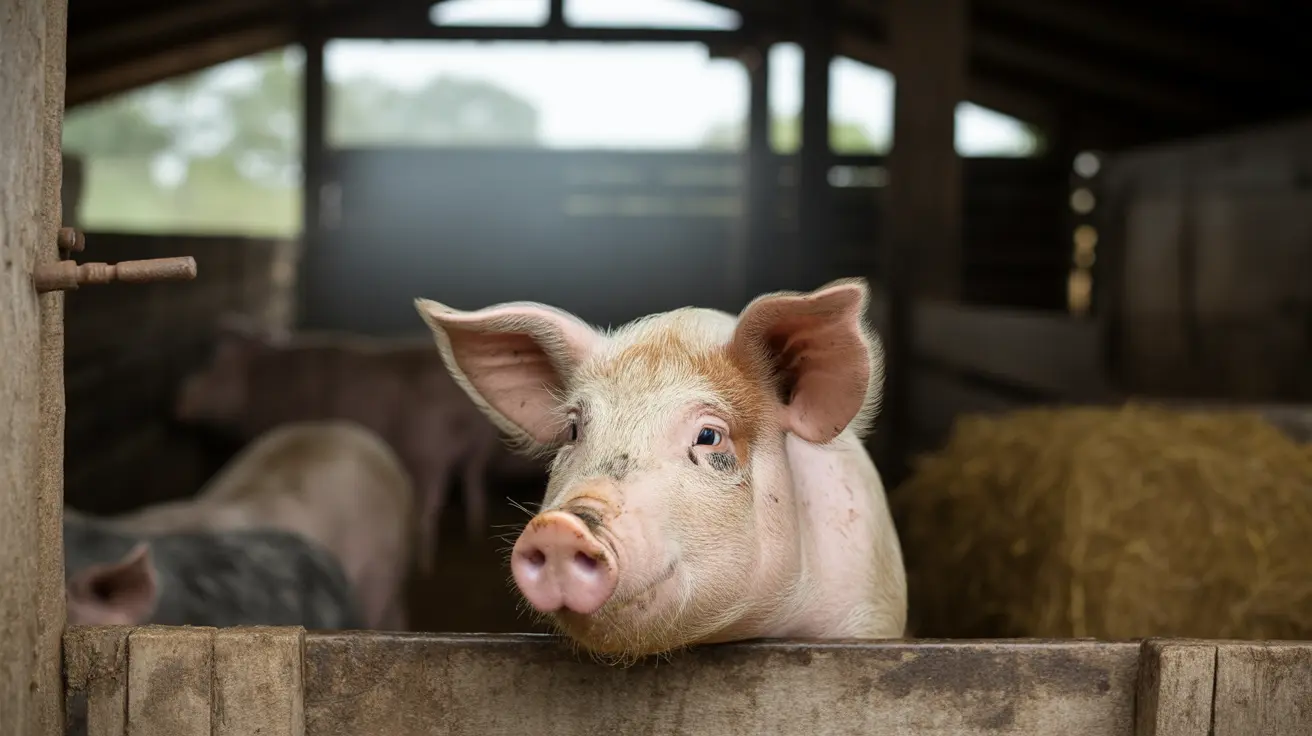Understanding the Farm Animal Protection Measures
The Massachusetts law, known as Question 3, specifically addresses the cruel confinement practices that have long been a concern for animal welfare advocates. The legislation targets three primary farming practices:
Protections for Egg-Laying Hens
The law establishes minimum space requirements for hens, ensuring they have enough room to extend their wings and engage in natural behaviors. This marks a significant departure from traditional battery cage systems.
Ban on Gestation Crates
Breeding pigs must be provided with adequate space to turn around freely and lie down comfortably, effectively prohibiting the use of restrictive gestation crates commonly used in industrial farming.
Veal Calf Confinement Restrictions
The legislation also protects young calves raised for veal, requiring housing systems that allow for more movement and natural behaviors.
Impact on Commerce and Consumer Choice
The Massachusetts farm animal protection law extends beyond state borders, affecting the sale of confined animal products throughout Massachusetts. This means that products from other states must comply with these standards to be sold within Massachusetts, creating a ripple effect across the supply chain.
Sale Restrictions and Compliance
Retailers and producers must ensure their animal products meet the state's welfare standards, regardless of where the animals were raised. This comprehensive approach helps prevent the circumvention of welfare standards through out-of-state sourcing.
Legal Challenges and Court Decisions
The pork industry's legal challenges to the Massachusetts law have consistently failed to persuade courts. The First Circuit's decision aligns with similar rulings supporting animal welfare legislation, including California's comparable Proposition 12.
Future of Humane Animal Agriculture Laws
This court victory may encourage other states to pursue similar farm animal welfare measures. As consumers become increasingly conscious of animal welfare issues, such legislation reflects growing public support for more humane farming practices.
Frequently Asked Questions
What specific practices does Massachusetts' Question 3 law prohibit?
The law prohibits the extreme confinement of egg-laying hens, breeding pigs, and veal calves. It requires that these animals have enough space to turn around, lie down, stand up, and extend their limbs freely.
How does this law affect products from other states?
Any pork, veal, or egg products sold in Massachusetts must comply with the state's animal welfare standards, regardless of where they were produced. This means producers from other states must meet these requirements to sell their products in Massachusetts.
Why did the courts uphold the law despite industry challenges?
The courts found that the law serves a legitimate local interest in preventing animal cruelty and that it does not unduly burden interstate commerce. The First Circuit's decision affirms the state's authority to regulate animal welfare standards for products sold within its borders.
The Massachusetts animal welfare law represents a significant step forward in the movement toward more humane farming practices. As similar measures gain traction across the country, this court decision helps establish a framework for future animal welfare legislation while ensuring that farm animals receive basic protections from extreme confinement practices.






